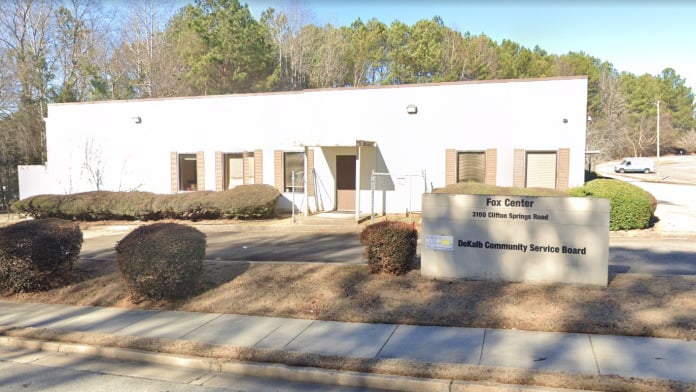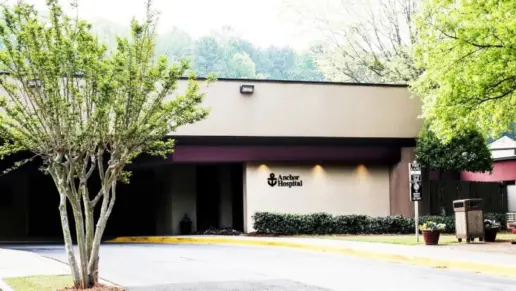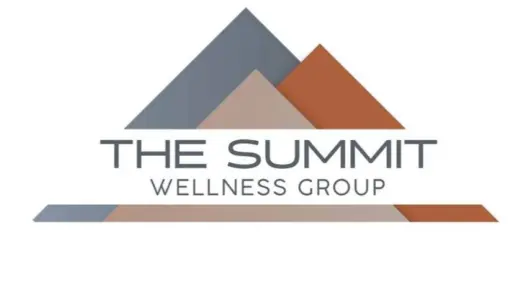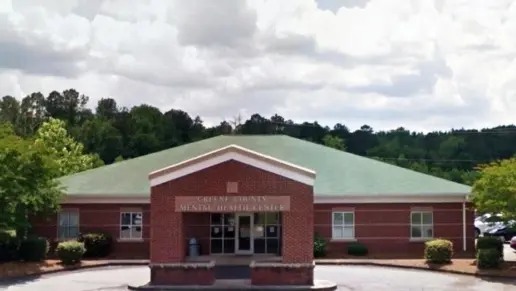About DeKalb CSB – Fox Recovery Center
Claratel Clifton Springs is part of Claratel Behavioral Health, formerly known as Dekalb Community Service Board. It’s located in Decatur, Georgia. Here, they provide substance use and addiction and recovery services as well as help with behavioral health.
You can get outpatient, detox or residential substance use treatment at this facility. They strive to help people maintain long-term recovery with individual and group counseling, case management, family therapy, psychosocial education and medication-assisted treatment (MAT). Residential treatment is provided at the Fox Recovery Center which is next to the main building.
They also have an opioid-use residential treatment program for men that helps them transition back into society. This program also helps people with co-occurring mental health disorders.
Their adult behavioral health services include crisis intervention, psychiatric care and medication management, counseling and therapy along with community support case management.
You can get help from their supported employment program which matches you with a local company that best suits your skill set. They also offer a peer support program, psychosocial day treatment and pharmacy services.
They have a team of behavioral health professionals who will partner with you to make a personalized treatment plan that’s best for your own recovery journey. You’ll decide together if individual, group or family therapy works best for you. They recently started offering telehealth as part of their behavioral services which is done on an as-needed basis.
Past clients here have said the place is a kind and friendly environment.
Latest Reviews
Rehab Score
Gallery

Location
Other Forms of Payment
Self-pay involves paying for treatment out of your own pocket. You can use savings or credit, get a personal loan, or receive help from family and friends to fund your treatment. If you don't have insurance or your insurance plan doesn't cover a specific program, self-pay can help ensure you still get the care you need.
Private insurance refers to any kind of healthcare coverage that isn't from the state or federal government. This includes individual and family plans offered by an employer or purchased from the Insurance Marketplace. Every plan will have different requirements and out of pocket costs so be sure to get the full details before you start treatment.
Medicaid is a state based program that helps lower-income individuals and families pay for healthcare. Medicaid covers addiction treatment so those enrolled can use their coverage to pay for rehab. When a program accepts Medicaid the client often pays very little or nothing out of their own pocket.
Medicare is a federal program that provides health insurance for those 65 and older. It also serves people under 65 with chronic and disabling health challenges. To use Medicare for addiction treatment you need to find a program that accepts Medicare and is in network with your plan. Out of pocket costs and preauthorization requirements vary, so always check with your provider.
Addiction Treatments
Levels of Care
Treatments
The goal of treatment for alcoholism is abstinence. Those with poor social support, poor motivation, or psychiatric disorders tend to relapse within a few years of treatment. For these people, success is measured by longer periods of abstinence, reduced use of alcohol, better health, and improved social functioning. Recovery and Maintenance are usually based on 12 step programs and AA meetings.
A quality drug rehab in Georgia can help you overcome addiction. This environment is designed to help you address the complex issues contributing to drug dependence. The goal of treatment is to give you the tools you need to make a full recovery.
Many of those suffering from addiction also suffer from mental or emotional illnesses like schizophrenia, bipolar disorder, depression, or anxiety disorders. Rehab and other substance abuse facilities treating those with a dual diagnosis or co-occurring disorder administer psychiatric treatment to address the person's mental health issue in addition to drug and alcohol rehabilitation.
Substance rehabs focus on helping individuals recover from substance abuse, including alcohol and drug addiction (both illegal and prescription drugs). They often include the opportunity to engage in both individual as well as group therapy.
Programs



Clinical Services
Family therapy involves a whole family or several family members, all meeting with a therapist. This type of therapy can be helpful if a family is having problems getting along and/or communicating effectively. It can also be used when one family member has a problem and family relationships may be contributing to or maintaining the problem and/or if family members want to learn how to best support a family member diagnosed with mental illness.
Led by a therapist, group involves several individuals coming together to help themselves and each other in a structured clinical setting. Groups meet at regularly scheduled days and times and typically last between one to two hours. Groups are generally structured around an identified illness, issue or theme, but session topics vary according to the needs of the group. Participation in a specific group is determined by client need and appropriateness for group participation. Clients are not limited to groups held at their assigned center. Group has been shown to be a highly effective form of therapy and with certain illnesses or issues can be more effective than individual therapy. For example, group treatment is the preferred method of treatment for substance related issues.
With a focus on improving the overall mental health of the client, individual therapy involves a therapist and client working together to move the client towards his or her identified goal. Their therapists focus on using the evidence-based intervention most appropriate to fit the needs of the issue and individual. Frequency of appointments is determined on the presenting issue and goals of the client.
Amenities
-
Private Setting
Staff & Accreditations
Staff

CEO

CCO

CFO

COO

MD
Accreditations

The Commission on Accreditation of Rehabilitation Facilities (CARF) is a non-profit organization that specifically accredits rehab organizations. Founded in 1966, CARF's, mission is to help service providers like rehab facilities maintain high standards of care.
CARF Accreditation: Yes
Contact Information
3110 Clifton Springs Road
Decatur, GA 30034


